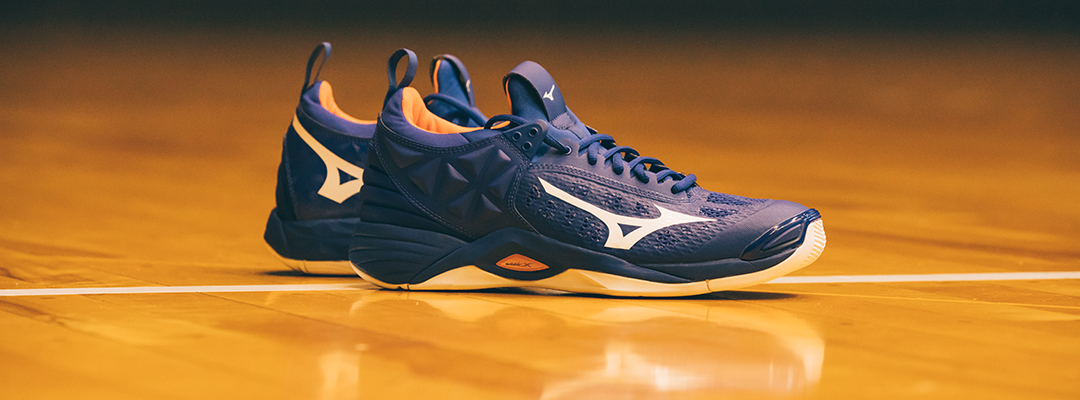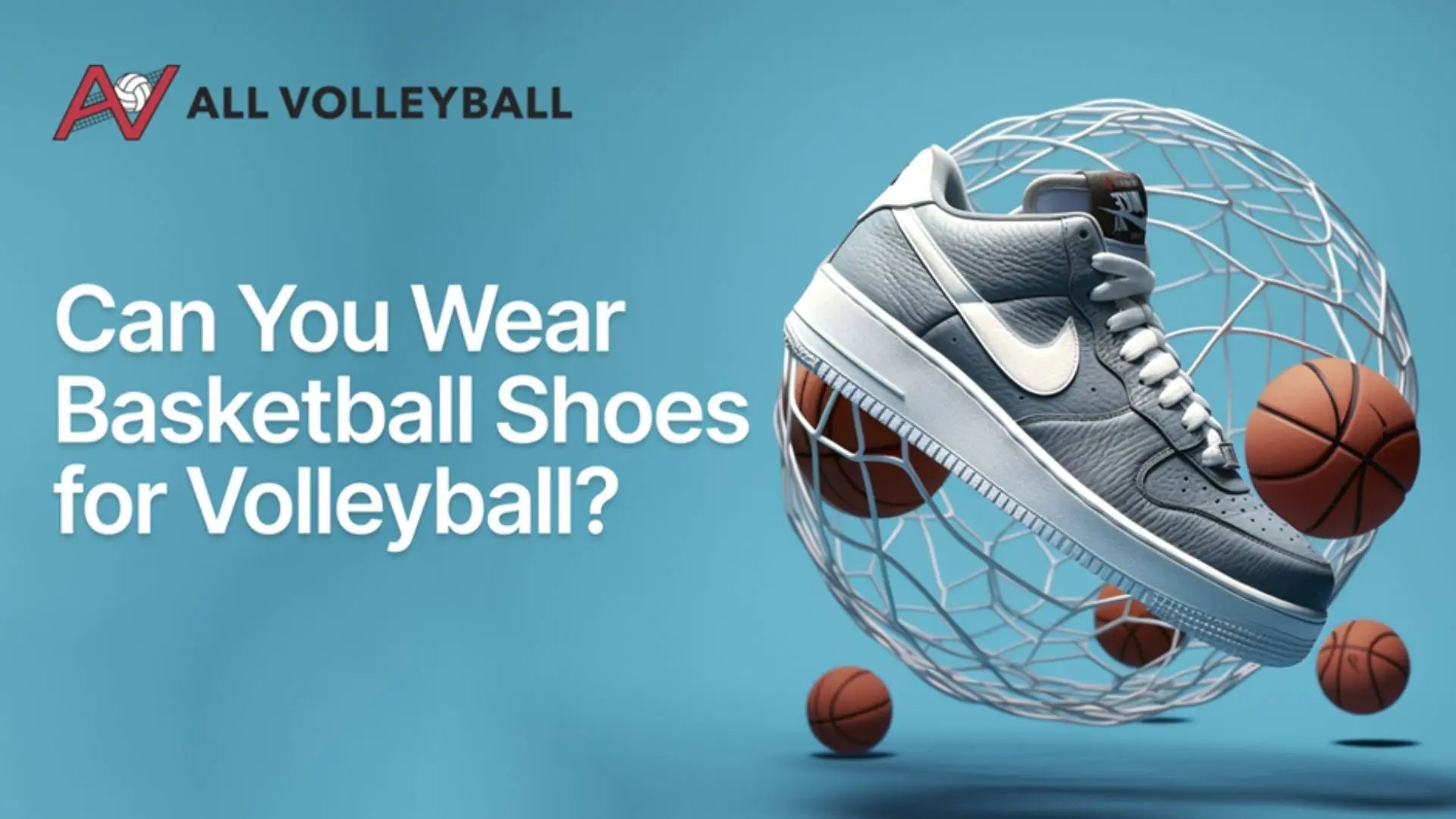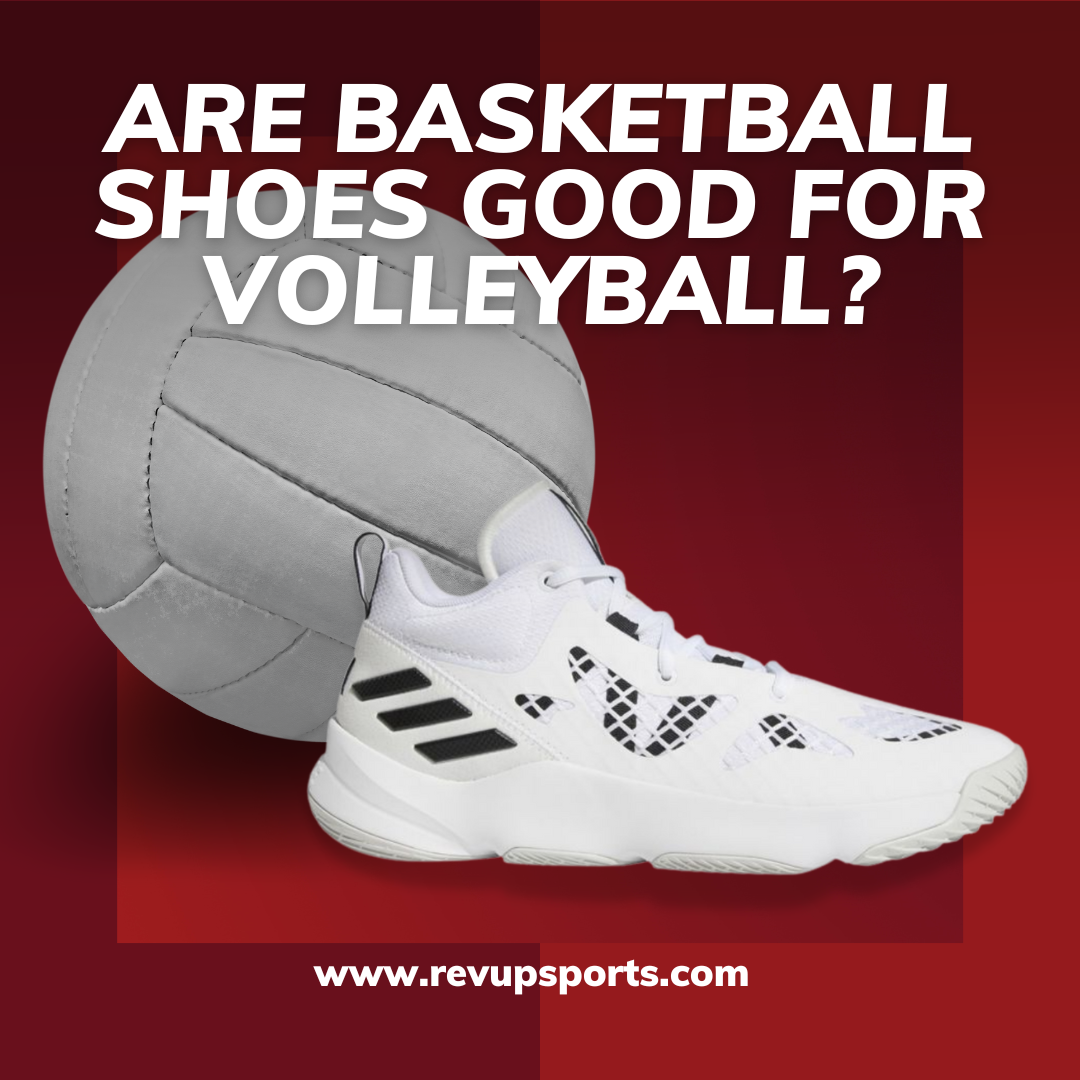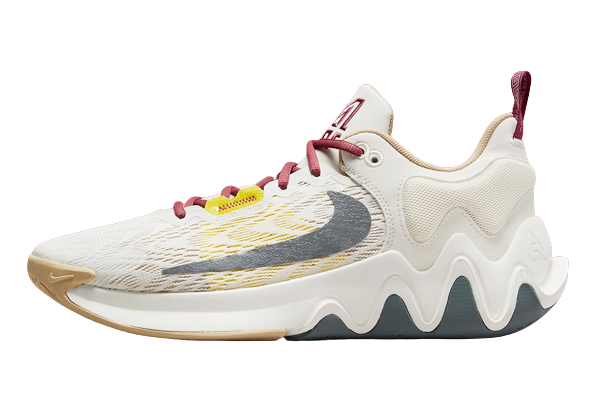As you step into the world of volleyball, you might wonder whether your trusty basketball shoes can serve as your court companions. This question is more common than you think, especially among athletes looking to save money or those who are just starting out. In this comprehensive guide, we’ll explore the nuances of wearing basketball shoes for volleyball, share real-world experiences, provide tips for selecting the right footwear, and answer frequently asked questions to ensure you’re well-informed.
Understanding the Differences Between Basketball and Volleyball Shoes
Before diving into whether basketball shoes can be worn for volleyball, it’s essential to understand the fundamental differences between the two types of shoes. Basketball shoes are designed for the unique demands of the basketball court, which differ significantly from those of a volleyball court. Each shoe type prioritizes specific features that cater to the sport’s requirements.
Footwear Structure and Design
Basketball shoes typically feature a high-top design aimed at providing ankle support during jumps and lateral movements. This design helps mitigate the risk of ankle injuries, which can be particularly common in basketball due to quick pivots and sharp cuts. On the other hand, volleyball shoes usually come with a low-top or mid-top design that allows for greater flexibility and freedom of movement. This flexibility is crucial for players who need to move quickly in different directions while executing jumps and spikes.

Cushioning and Support
Cushioning is another critical factor to consider. Basketball shoes often have thicker cushioning to absorb impact from higher jumps and hard landings. Conversely, volleyball shoes feature specialized cushioning that provides responsiveness and agility, enhancing quick foot movements essential for the game. Moreover, volleyball shoes often incorporate gel or foam technology specifically designed to deliver optimal energy return when jumping.

Traction Patterns
The outsole traction patterns also play a significant role. Basketball shoes are typically designed with herringbone patterns to provide grip on hardwood courts, while volleyball shoes have a gum rubber outsole which is softer and designed to grip the floor while allowing for slide and quick movements. This difference in grip can drastically affect performance on the court.

Real-World Experiences: Can You Use Basketball Shoes for Volleyball?
To better understand whether basketball shoes can be used for volleyball, let’s consider some real-world experiences. Many athletes have dabbled in using basketball shoes for playing volleyball, with varying degrees of success. Here are a few anecdotes:

Case Study 1: Mark the Versatile Player
Mark, a passionate athlete, found himself transitioning from basketball to volleyball. His journey began with him wearing his favorite pair of Nike Air Jordans. Initially, he felt comfortable and enjoyed the padded support. However, after a few matches, he noticed increased fatigue in his feet, which hindered his performance. He realized the high-top design limited his lateral movements essential for quick ball retrieval and spikes.

Case Study 2: Sarah’s Experience
Sarah, on the other hand, had a different experience. A volleyball enthusiast who occasionally played basketball, she wore her basketball sneakers during a casual volleyball session. To her surprise, she felt confident and comfortable, attributing this to her familiarity with the shoe’s fit and feel. Nonetheless, she acknowledged that after hours of play, her feet felt more rigid compared to when she used her volleyball shoes.

Combined Feedback
From these experiences, it’s evident that while basketball shoes can be worn for volleyball, they may not offer the same level of performance and comfort. Players need to assess their gameplay style, foot structure, and personal preferences before choosing to wear basketball shoes on the volleyball court.

How to Determine if Basketball Shoes are Right for You
If you’re considering using basketball shoes for volleyball, several factors should guide your decision. Understanding your playing style, court conditions, and personal comfort may influence whether basketball shoes will serve you well on the volleyball court.

Playing Style Considerations
Your playing style greatly impacts your shoe choice. If you prefer a more aggressive playing style with lots of jumping and quick lateral movements, basketball shoes may not provide the right support needed for volleyball. On the other hand, if your style is relatively conservative, using basketball shoes might suffice for recreational play. It’s worth testing your performance with both shoe types to understand what fits your needs best.
Court Conditions
Volunteer court conditions can also dictate the type of shoe you wear. Basketball courts are generally hardwood, while volleyball courts can vary considerably. If you’re playing on a hardwood surface, the traction patterns of basketball shoes may work fine. However, on mats or gym floors, the grip of volleyball shoes may be more beneficial in preventing slips and enhancing quick movement.
Comfort and Fit
Finally, personal comfort cannot be overstated. Shoes that fit well will always enhance your performance regardless of the type. If your basketball shoes feel comfortable and supportive, you might be able to make them work temporarily. Just remember that long-term use during intense volleyball play may lead to discomfort or injuries down the line.
Tips for Choosing the Right Volleyball Shoes
Selecting the right footwear is crucial for enhancing your performance on the volleyball court while also protecting your feet from potential injuries. Here are a few tips to keep in mind when looking for the perfect pair of volleyball shoes:
1. Assess Your Foot Type
- Flat Feet: Look for shoes with excellent arch support.
- High Arches: Opt for shoes that provide cushioning and flexibility.
- Neutral Feet: Most shoes will work, but prioritize comfort and fit.
2. Prioritize Traction
As mentioned earlier, grip is crucial. Volleyball shoes with a gum rubber outsole provide optimal traction on indoor courts, allowing for smooth movements and reduced chances of slipping.
3. Test for Comfort
Ensure you try on shoes with the socks you plan to wear during games. Walk or jog around in the shoes to gauge comfort levels. A good fit should feel snug but not restrictive, allowing for natural foot movement.
4. Look for Shock Absorption
Choose shoes that have adequate cushioning to absorb impact during jumps. This feature can help reduce fatigue and the risk of injuries, especially during long matches.
5. Check Durability
Invest in shoes made from high-quality materials that can withstand the wear and tear of volleyball practice. A well-crafted pair can save you money in the long run by avoiding frequent replacements.
Pros and Cons: Basketball Shoes vs. Volleyball Shoes
Below is a comparison of the pros and cons of using basketball shoes versus dedicated volleyball shoes:
| Feature | Basketball Shoes | Volleyball Shoes |
|---|---|---|
| Ankle Support | High-top options provide good support. | Usually lower; focuses on flexibility. |
| Cushioning | More cushioning for impact. | Responsive cushioning for agility. |
| Traction | Good grip on hardwood. | Gum rubber provides excellent grip on various surfaces. |
| Weight | Generally heavier. | Typically lighter for better maneuverability. |
| Price | Varies widely; some options are budget-friendly. | Can be expensive, but provides specific benefits. |
FAQs About Wearing Basketball Shoes for Volleyball
1. Can I wear basketball shoes for recreational volleyball?
Yes, if you’re just playing for fun and feel comfortable, basketball shoes can work. Just keep in mind the potential limitations in performance.
2. Will wearing basketball shoes increase my risk of injury?
While they provide some support, basketball shoes may lack the specialized features of volleyball shoes that help prevent injuries, particularly during lateral movements.
3. Are there specific basketball shoes that are better suited for volleyball?
Some basketball shoes focus on court performance and might work better, but generally, it’s advisable to choose shoes designed for volleyball.
4. What features should I look for in volleyball shoes?
Look for shoes with good traction, cushioning, durability, and a comfortable fit tailored to your foot type.
5. Do professional volleyball players wear basketball shoes?
While most professional players opt for volleyball-specific shoes, some may experiment with basketball shoes for casual play or training.
6. Can wearing the wrong shoes affect my performance?
Yes, the right shoes can enhance your performance while the wrong ones could lead to discomfort, fatigue, or even injuries.
7. How often should I replace my volleyball shoes?
It depends on usage, but generally, you should replace them every 6 to 12 months to ensure optimal performance and support.
8. Are there budget-friendly volleyball shoes available?
Absolutely! Many brands offer affordable options without compromising on quality. Look for sales or previous season models for better deals.
9. Can I use volleyball shoes for other sports?
Yes, volleyball shoes can often be used for indoor sports like badminton or racquetball due to their grip and support.
10. Should I prioritize brand over features when choosing shoes?
While brand reputation can be a factor, always prioritize the features that best fit your needs and comfort requirements.
11. Will my performance improve with specific volleyball shoes?
Using shoes designed for volleyball can lead to better movement, comfort, and ultimately improved performance on the court.
Conclusion: The Final Decision
In conclusion, while it’s entirely possible to wear basketball shoes for volleyball, it’s essential to weigh the pros and cons. Each type of shoe is designed with specific athletic needs in mind. Basketball shoes offer significant ankle support and cushioning, but they may not provide the flexibility, traction, or lightweight feel that volleyball shoes do.
Ultimately, if you’re serious about improving your game, investing in a good pair of volleyball shoes is likely worth your time and money. But if you’re just starting or playing casually, your old basketball shoes can suffice. Always prioritize your comfort, fits, and playing style to make the most informed decision.